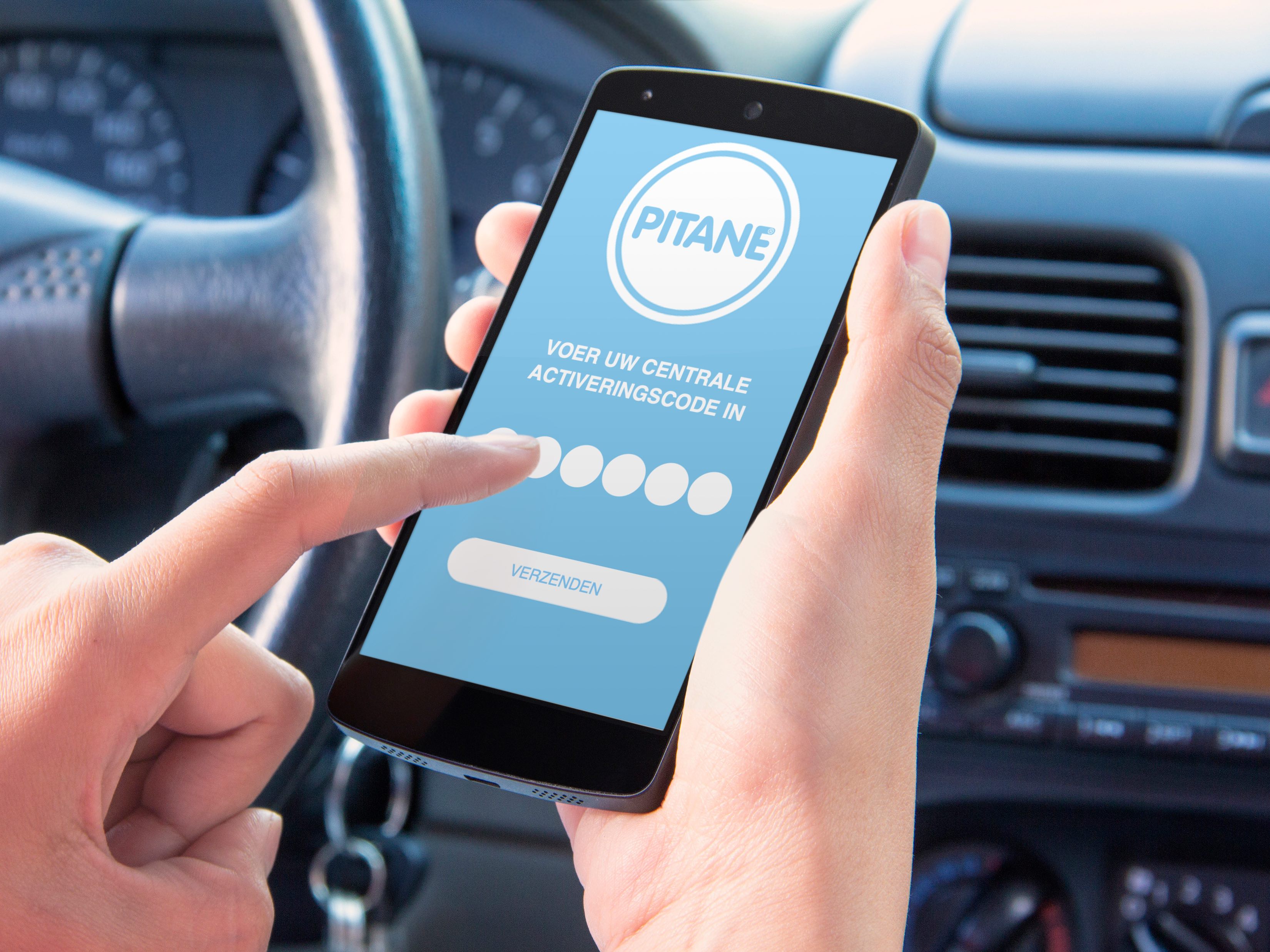The ILT has investigated various ways of recording data for working and rest times for supervision purposes.
The ILT is working on an alternative to the on-board computer taxi (BCT) and the associated BCT maps. The ILT does this to improve the supervision of compliance with working and rest times and to make it more efficient. The entry into force must take place in 2024 and alternatives to the BCT must be available to taxi companies.
The responsibility for supplying data lies with the taxi operator. It is expected that data will be collected and supplied under the responsibility of the entrepreneur and this can be done via an ICT supplier. In practice, for the taxi companies, this is now the responsibility of the driver and secondarily it is the entrepreneur. The ILT emphasizes that the entrepreneur remains responsible, even if it is the driver who (does not) perform the actions. At the moment it is the driver who will now be fined, but in the situation of variant BCT the entrepreneur will be fined or sanctioned.
for mobile devices to report the
Because the taxi operator is obliged to provide data, the taxi operator can use other systems that do not necessarily have to be built into the taxi. This offers new possibilities and the purchase of expensive hardware in the vehicle may no longer be necessary because connections that must be created can be a good alternative to the current BCT as long as they meet the conditions as laid down in the connection conditions.
The ILT has investigated various ways of recording data for working and rest times for supervision purposes. A system has been chosen in which taxi companies will provide the data of their working and rest times themselves continuously and automatically. Now drivers only have a duty to collect this data using the BCT. With the continuous automatic delivery of the data, the taxi company is not obliged to use a specific device (such as the BCT) or a specific app for this. Taxi companies can choose by yourself for a device or app that is marketed for this purpose.
privacy
What is necessary to record, because everything that is recorded must be good and reliable. And what does ILT do with data other than working and rest times? Do they maintain it? The privacy checks and balances are safeguarded in the program by means of a DPIA (Data Protection Impact Assessment). A DPIA is drawn up and subsequently approved by the privacy coordinator of ILT and the Data Protection Officer (FG) of IenW. This ensures that only the data that is necessary for the performance of the task is processed.
"Working out solutions for such issues strengthens the innovative power and brainpower of this panel, which has added value. In this way, we want to arrive at a solution that is enforceable, feasible, fraud-resistant and affordable. Software suppliers can innovate with the means to be used for identification.
Henri van der Heijden - I-Interim Empire
"It is not an objective to make the entire system 100% fraud-proof. That is an unattainable ambition. However, the aim is to achieve the highest possible fraud resistance, given the frameworks."
The new supervision system must ensure that the ILT has up-to-date and reliable information about compliance with working and rest times. The information about the frequency of the delivery and any gaps therein is also useful for the ILT. In addition, the ILT will be able to add data from other sources to the data supplied in the future, such as measurement systems in vehicles and other digital sources. By analyzing this data, the ILT can better focus its supervision on drivers and taxi companies that do not comply with the rules. The ILT's supervision thus contributes to safe taxi transport and fair competition in the taxi market.
For the development of the new system, the ILT is working with taxi companies and industry associations, among others. In this way, the ILT wants to ensure that the system also works well for taxi companies: safe, user-friendly and with limited administrative burdens and costs. The ILT also works together with the Ministry of Infrastructure and Water Management, data suppliers and other regulators.
I-Interim Empire
Project manager Willemijn Westerbeek likes projects that have a concrete goal. Her projects vary enormously, because now it is the replacement of on-board computers in taxis, but before that it was the set-up of a portal between all banks in the Netherlands and ten investigative organizations (Bankdata Reference Portal) and four education registers.
I-Interim Rijk serves the entire national government and works daily to realize government-wide I ambitions.
"I really see a project as my own project, I also feel part of the organization where I am doing the project. At the same time, I do not forget why I am with the organization. I see it as my task to point organizations to their responsibility. I make people part of the project that was already theirs. It is their responsibility, the organization itself will ultimately be held accountable for it."
Willemijn Westerbeek
In the coming years, the ILT will work on all the technical components required to receive and process data from taxi companies. The ILT shares information about this with ICT service providers. For example, they can develop products and services, such as apps, that taxi companies can use to register and automatically provide working and rest times.
In addition to developing technical requirements, the new working method also requires a change in the law. The new system is planned to be available in 2024. There will then be a transitional period in which taxi companies will have time to switch to the new system. The ILT is developing a platform for ICT service providers to exchange information.





